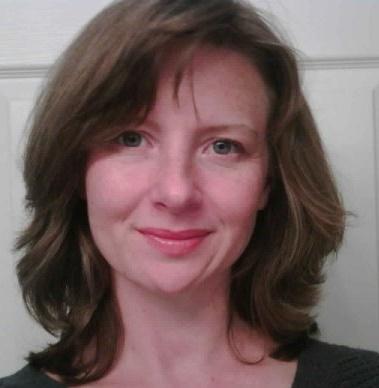N of Many Ones: Creating Space for Alternative Data Flows
Ordinarily we think of data aggregation as large stockpiles of data accumulated across vast populations by corporate or state actors. However, data can conceivably aggregate in many ways, along many dimensions that are in fact qualitatively different. This talk draws on ethnographic research on self-tracking practices, where people collect data about themselves and their environment, and practical experience in building an infrastructure for handling self-tracking data. It proposes that when we slow down our imaginations about how data might flow, alternative social possibilities become visible. By following individual data points as they accrete into something that could be called a dataset — whether spatially, temporally, within an individual or across many people — we can see glimpses of multiple kinds of politics, forms of knowledge production, and notions of what “scale” could mean. We can also see how even computationally dense datasets might participate in more embodied, situated social relations beyond “large N” populations if the appropriate material, institutional, and cultural resources are made available. The talk examines one such possibility, “N of many ones” research, where the relationship between the one and the many is explored by situating the relationship between intra- and inter-individual data aggregation.
Dawn Nafus is a senior research scientist at Intel Labs, where she conducts anthropological research to inform new product development and strategy. Her research interest include cultures of quantification, health and environmental sensing, and digital methods. She is the editor of Quantified: Biosensing Technologies in Everyday Life (MIT Press, 2016), co-author of Self Tracking (MIT Press 2016) and co-editor of Ethnography for a Data-Saturated World (Manchester University Press, 2018).










